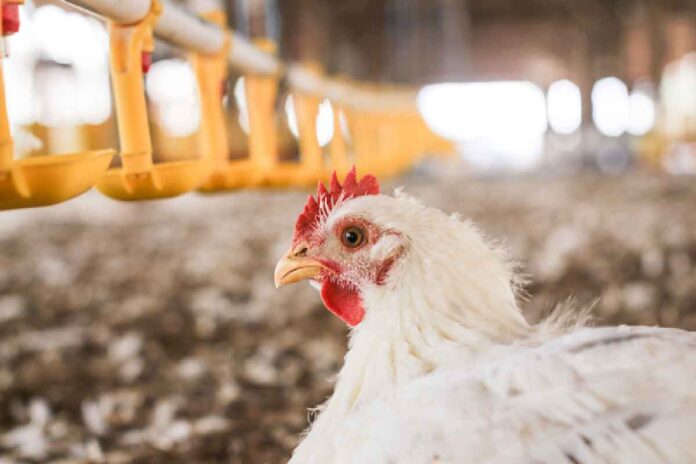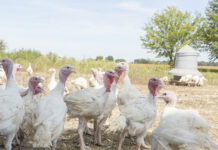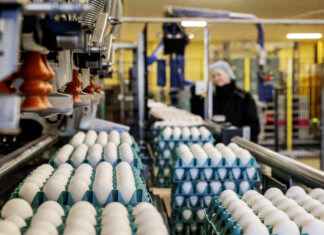
The European Commission has submitted proposals to the Council for the signature and conclusion of the EU–Mercosur Partnership Agreement (EMPA). If approved, this long-awaited deal between the EU and Mercosur countries (Brazil, Argentina, Paraguay, and Uruguay) will have a strong impact on agricultural and food markets, including poultry production and trade.
According to Commission estimates, the agreement could increase EU exports to Mercosur by up to 39%, reaching a value of around €49 billion annually. However, for the poultry sector, concerns remain high regarding market access conditions and the potential for increased imports from South America.
Poultry trade at the centre of the debate
Brazil and Argentina are among the world’s largest exporters of poultry meat, with highly competitive production costs. Their products already represent a significant share of poultry imports into the EU. The agreement would further reduce trade barriers, potentially increasing the inflow of poultry meat and eggs from Mercosur to the European market.
European poultry producers warn that such imports may create unfair competition, given the differences in production standards, animal welfare requirements, and environmental rules. EU producers face strict regulations and higher costs, while imports from Mercosur may not always comply with equivalent standards.
Potential challenges for EU producers
-
Price pressure: Cheaper imports could put downward pressure on EU poultry prices.
-
Production standards: Differences in sanitary, environmental, and animal welfare rules risk undermining EU competitiveness.
-
Market stability: Sudden increases in imports could destabilize certain segments of the EU poultry chain, especially broiler meat.
Opportunities and open questions
On the other hand, the agreement may also open opportunities for EU poultry genetics, technology, and equipment suppliers to access South American markets with fewer restrictions. Whether these benefits will outweigh the risks for European farmers remains a central question for the industry.
Next steps
The Council of the EU and the European Parliament will now review the Commission’s proposals. Poultry associations across Europe are expected to intensify their lobbying efforts, calling for safeguard clauses and stricter monitoring mechanisms to protect EU producers.

















